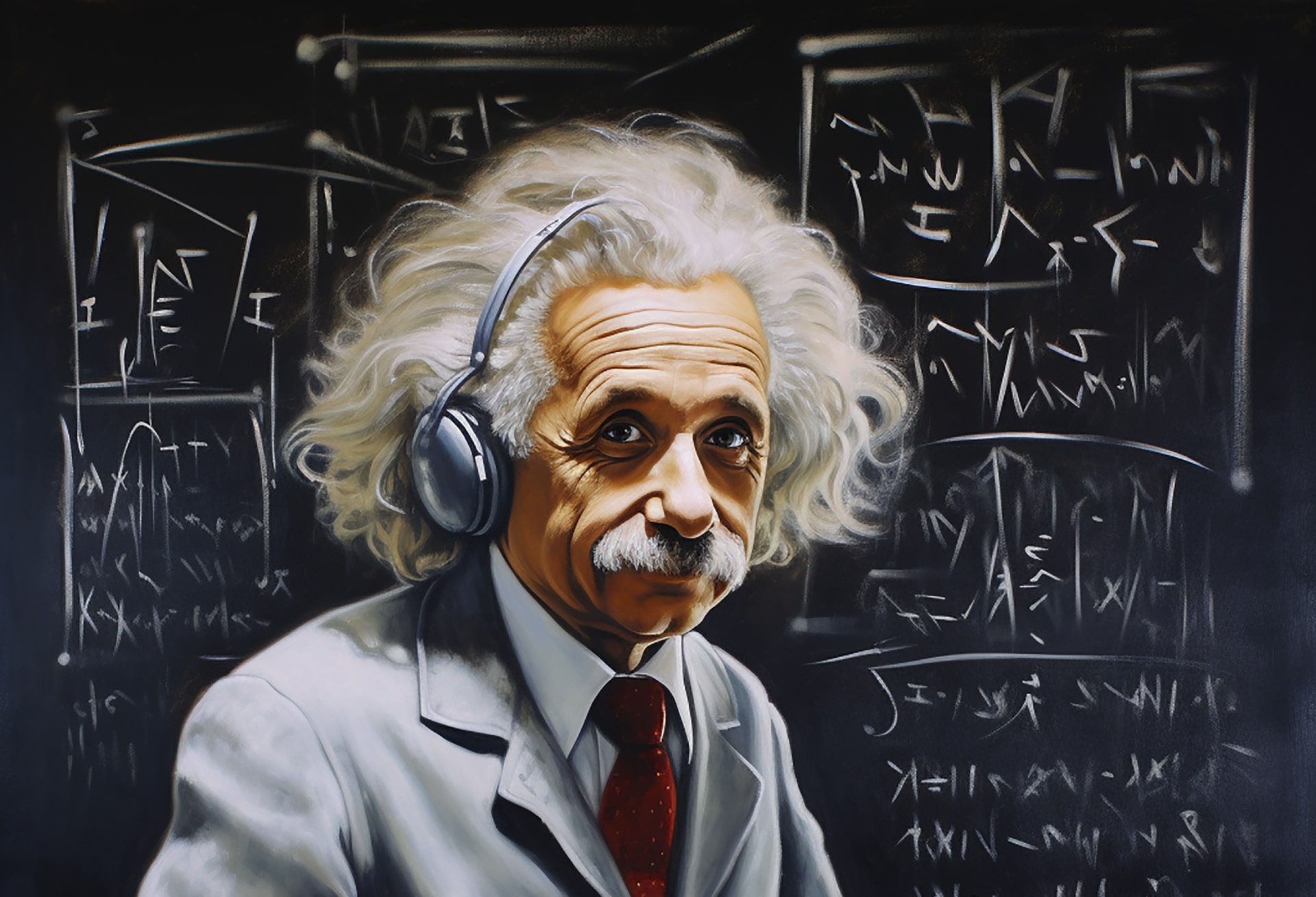Intuitive Thinking: The Science & Study of Intuition
The study of intuition, the ability to directly and immediately perceive a fact without resorting to the traditional act of reasoning through supportive evidence, is as old as human civilization itself. Yet, it remains one of the most misunderstood concepts around.
Many people associate intuition with the caricature of the fairground fortune teller, sitting at her table adorned with mysterious trinkets. Cackling, she lays out a vague, unverifiable tale of the future. Subsequently, pocketing the gullible victim’s money. However, the negative connotation associated with the word intuition is a misnomer.
Most families have tales of that one aunt or uncle with an uncanny ability to foretell a tragedy. But, these stories are often shared with a solid dose of skepticism. Almost as if there had to be an explanation other than pure intuition. On the other hand, philosophers, psychologists, and scientists have studied this seemingly magical human ability for centuries, and their findings show that intuition is both very real and far more commonly experienced than most people think.
The Greek philosopher Plato convincingly argued that our very concept of the truth, that ineffable feeling when we simply know in the pit of our stomachs that something is right, stems from intuition and that it forms the basis of all knowledge.
Perception via the Unconscious
This concept has been developed and examined by philosophers throughout the ages and was taken up enthusiastically by the early proponents of psychology. Carl Jung defined intuition as “perception via the unconscious”. That is to say, using sense-perception only as a starting point, to bring forth ideas, images, possibilities, and ways out of a blocked situation, by a process that is mostly unconscious.
But, it is in the field of quantum theory and modern psychological study that intuition found its natural home and some of its greatest proponents. Gerd Gigerenzer is a director at the Max Planck Institute for Human Development. He claims that the trick is not to amass information but to intuitively discard it. In other words, to know intuitively what one doesn’t need to know.
Gigerenzer claims that only by ignoring the toil of pros-and-cons lists can we ‘hone the cognitive, emotional, and social repertoire we’ve evolved over the millennia.’ In a New York Times interview, Gigerenzer stated “My research indicates that gut feelings are based on simple rules of thumb, what we psychologists term “heuristics.” These take advantage of certain capacities of the brain that have come down to us through time, experience and evolution. Gut instincts often rely on simple cues in the environment. In most situations, when people use their instincts, they are heeding these cues and ignoring other unnecessary information.”
Gigerenzer states that, in Western society, in particular, we have been conditioned to believe that intuitive thinking is somehow wrong and inferior to the accepted rational method of painstakingly gathering and weighing the evidence. While the latter method obviously has its place, intuitive thinking is absolutely vital in situations where quick decisions are needed. When a person uses the instinctual rule of thumb “go with your first best feeling and ignore everything else,” it can permit them to outperform the most complex calculations.
He also showed how people working in stock markets used intuition when deciding their stock strategies. They often rationalized their decisions after the fact, as bias against intuitive decision-making seems particularly strong in this field.
So it stands to reason that developing one’s ability to make intuitive decisions is of the utmost importance. It starts with embracing the fact that intuition is not a myth, but a scientific fact, and then recognizing the benefits of using “the highest form of intelligence”.
A program like the one offered by Synctuition, which combines meditation, aural and neurological stimulation, and self-discovery while using cutting-edge modern technology, has been proven to assist in the development of intuitive thinking.
“It is through science that we prove, but through intuition that we discover.” – Henri Poincare
“Intuition enlightens and so links up with pure thought. They together become an intelligence which is not simply of the brain, which does not calculate, but feels and thinks.” – Piet Mondrian
“There is no logical way to the discovery of these elemental laws. There is only the way of intuition, which is helped by a feeling for the order lying behind the appearance.” – Albert Einstein







